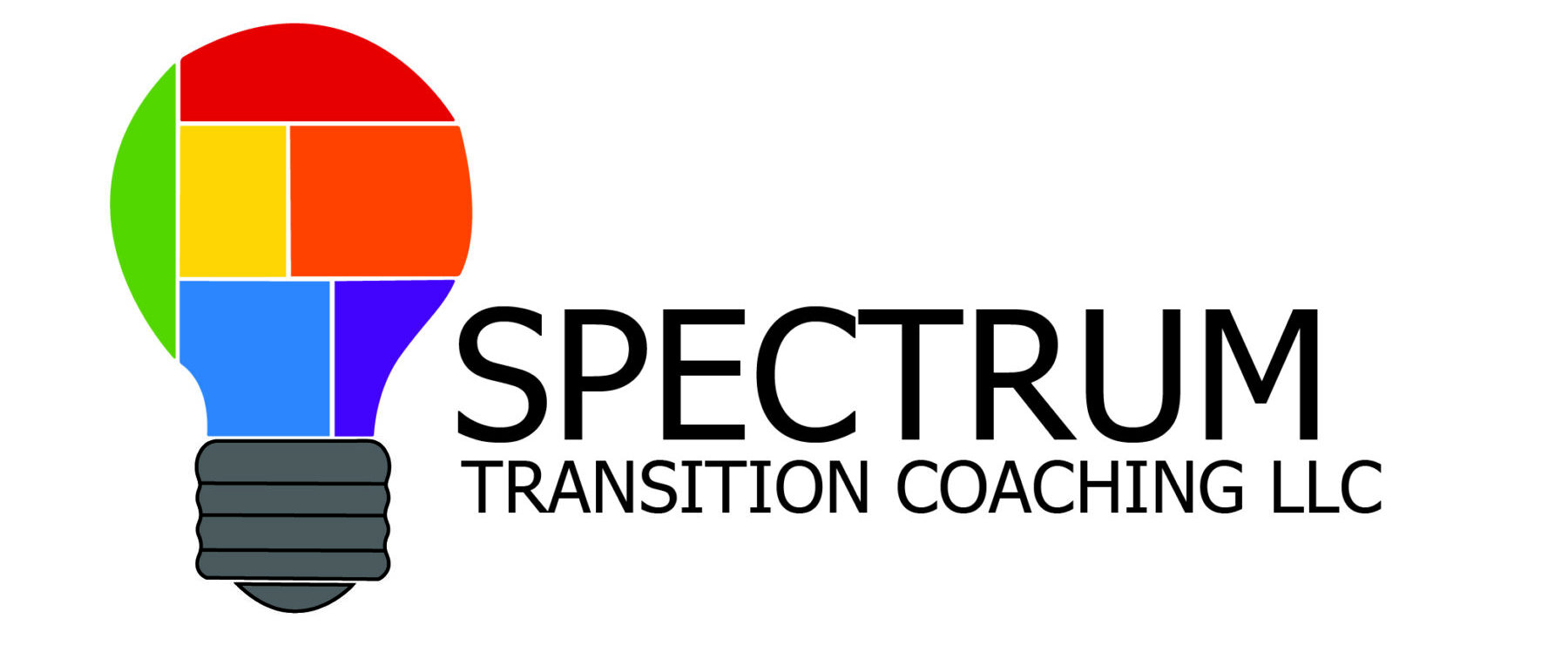A Declaration of Independence: A fine balance for parents and young adult children
Independence is a hallmark of becoming an adult and a cornerstone in the development of college readiness skills. It can also be one of the most complicated and trying growing pains of the parent-child relationship. Why is this? Because when young adults talk about their need to be independent, what they are really saying is “trust me.”
The Basis of Trust
According to an article in the Harvard Business Review there are three main elements of trust: positive relationships, which includes honesty, communication, and awareness of others; good judgement/expertise, in decision-making; and consistency of response which includes setting a good example, commonly called ‘walking the walk.’ Even though this article refers to trust in business settings, it applies well to the parent-child relationship, especially parents of autistic young adults.
Want proof? Let’s talk about trusting your child to cross the street without an adult. This seemingly simple act shows how trust develops with your growing child.
When children are small, we hold their hands as we cross the street. We model good behavior by waiting at the corner for the light to change, looking both ways and creating memorable phrases so our children know to look both ways every time. We also communicate why these things are important.
When we believe our children understand the rules of crossing the street safely, we loosen the reins. We might let them walk across next to us without holding hands. Next, we might wait on one side of the street as we allow the child to cross alone. We watch to make sure they look both ways, we shout encouragement, we praise success. Later we graduate to watching from inside the house while they cross.
Ultimately, we reward the child’s consistent appropriate behavior with our trust in their ability to cross safely and successfully – we don’t watch, and we don’t worry (as much) that they’ll get hurt. We know they can responsibly cross the street alone.
Increasing Trust as your Child Grows Up
If independence is tied to trust and trust is just parents having the confidence that children can perform tasks like crossing the street safely, then why is the young adult quest for independence such a difficult one? I suspect this stems from the perceived mismatch between young adults assessments of their knowledge and abilities and their parents’ assessments. My belief is that this mismatch occurs because, as they get older, young adults have more experiences away from their parents, which limits the parent’s knowledge base when it comes to their children.
So how can we make the road to independence smoother for everyone? Parents can fight the impulse to say “no” when young adults ask for the additional responsibility of doing something without you. Instead, explain your reluctance and what you are worried about, then have a calm conversation with your young adult. Give your young adult a chance to address your concerns. On the other hand, young adults can be patient with parents. If they tell you “no” to something, ask about and address their concerns. Show them you’ve thought things through and they can trust you.
The path to independence is a delicate balance. Parents and young adult children are both navigating the changing relationship and there’s bound to be some growing pains. With open communication and the assumption of positive intent, your family can navigate this time smoothly. And the reward is significant – a positive and productive relationship between parents and grown children is an incredible gift to both sides.

